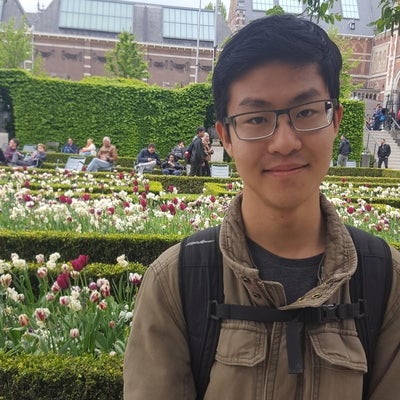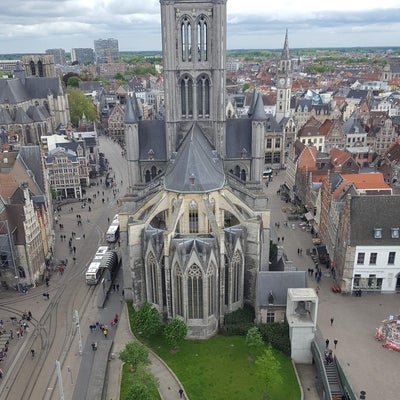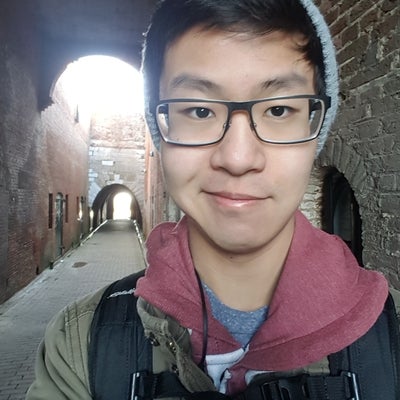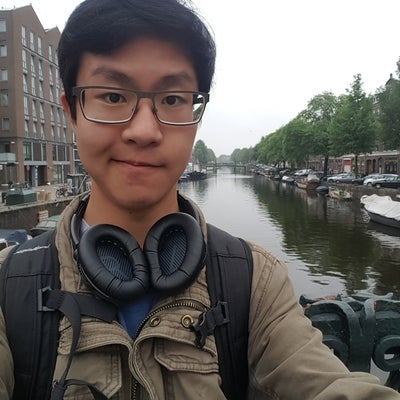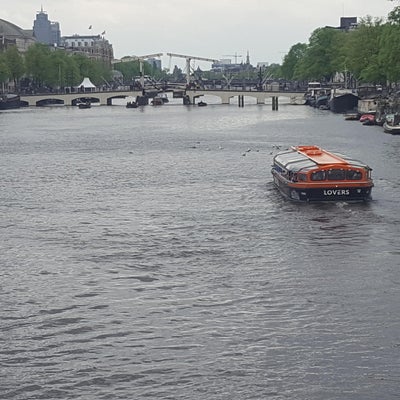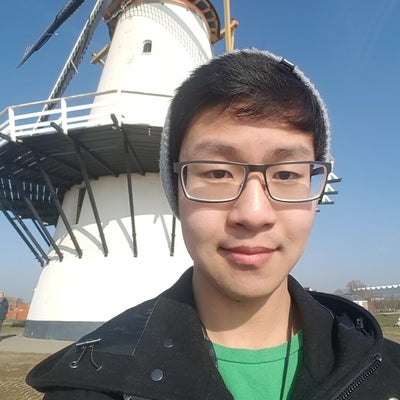Darren, a Chemistry student, spent his 3A term studying at Hogeschool Zeeland University of Applied Sciences in the Netherlands. Here's what he had to say about the experience.
What type of traveller do you think you are?
A wanderer!
Why did you choose your host school and country?
I chose to go to the Netherlands because I’ve always wanted to go to Europe and going on exchange would allow me to live there. I specifically picked the Netherlands as it has a good relationship with Canada and I thought that it was a good choice. I picked my host school as it offered a practical research course.
What was an average day like in your program?
It depended on the progress of the research project I was involved with, but generally I worked in a lab every day.
What was one of your favourite experiences from your time abroad?
One of my favourite experiences from abroad is seeing the uniqueness of different cities. While one city might be very artistic, modern, and culturally diverse, a city less than an hour away by train may be completely different. For example, Rotterdam has very modern architecture while Amsterdam maintains an older architectural style. Learning about the cultural differences between cities in Europe, and the Netherlands and Canada, has been one of my favourite experiences.
Were there any challenges? If so, how did you overcome or cope with them?
A challenge I encountered had to do with language. Although the host school I attend was English speaking, occasionally there were people who had trouble speaking English. Or, while shopping, I would have trouble understanding the signs and products because they weren't always written in English. Luckily, one of my housemates was born in the Netherlands, so when travelling they helped me find my way around. But, when I was alone, I use Google Translate and it was a huge help - especially while travelling between cities.
Did any of your experiences challenge the assumptions you held about your host country or culture?
Yes, in Waterloo and other Canadian universities, it is quite common to have night classes and classes throughout the entire day, but at my host school the latest class ended at 5:45 p.m. It shows how much smaller my host school is compared to Waterloo.
The bike culture was also very different. In the Netherlands, bike lanes are more common and cyclists are more respected by cars, who stop for bikes if they need to turn. The bike laws are also stricter. For example, there are fines for not having bike lights at night, riding on the side walk or on the wrong side of the road, and driving in certain pedestrian areas. It seems that the bike laws and regulations are almost as extensive as the ones for cars.
Has this exchange helped you personally, academically or professionally?
The exchange helped me professionally by giving me more practical laboratory experience. Previously, I didn't have to think about the steps to take in a lab because they were set out for me by a lab instructor or an employer. But, during my research project, I had to think about what I was doing and how to solve a problem. I was more responsible for my own work.
If you could do it all over again, what would you do differently?
I would learn more of the country's language.
Do you have any advice for Waterloo students thinking of studying abroad?
Make sure you have a good support system and you can connect with family or friends to make sure that you’re not too homesick. It's also important to be flexible and open minded. Studying abroad means encountering a culture that’s different than your own, which means you should understand how to accept, see, and put into perspective things you may not be used to.
